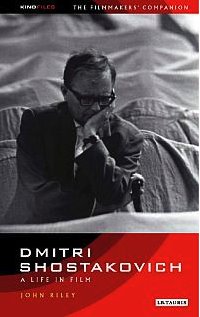 A quick heads up the retrospective of five films by Wojciech Has at the Barbican.
A quick heads up the retrospective of five films by Wojciech Has at the Barbican.Given his surrealist bent, it might seem appropriate that Has was born on All Fools' Day (1925). His forty-odd year career began just after the war with several documentaries that seem to have made little impact. In 1958 he made his first feature, The Noose (Petla) a disturbing nocturnal tale of an alcoholic. The same year saw Farewells (Pozegnania) a story of a wartime romance framed with almost fetishistic visuals.
But the highwater mark came in with two cultish masterworks from the 60s and 70s.
The Saragossa Manuscript (Rękopis znaleziony w Saragossie, 1965) is a superb adaptation of Jan Potocki's extremely literary novel (actually originally published in French) which intertwines several nested stories set during the Napoleonic Wars. With a gently humorous transgressiveness, it's no surprise that it inspired film-makers like Bunuel and Lynch and, beyond that, The Grateful Dead's Jerry Garcia. It also inspired an alternate soundtrack version from Aleksander Kolkowski and Marek Pytel.
The last of the five films in the retrospective is The Hour-Glass Sanatorium (Sanatorium Pod Klepsydrą, 1973), after Bruno Schulz's collection of dreamy stories, with an overlaying contemplation of the Holocaust, of which the author was, paradoxically, both a survivor and a victim.
Once you've seen these two you'll want to buy the DVDs - but see them on the big screen first.
After the Barbican the season moves on the Edinburgh, Manchester and Brighton.
To go with the season there'll be a new installation at the Barbican by the Brothers Quay, long-time Has and Schulz admirers.
There's more about it at the Polish Cultural Institute and the Barbican Cinema.
